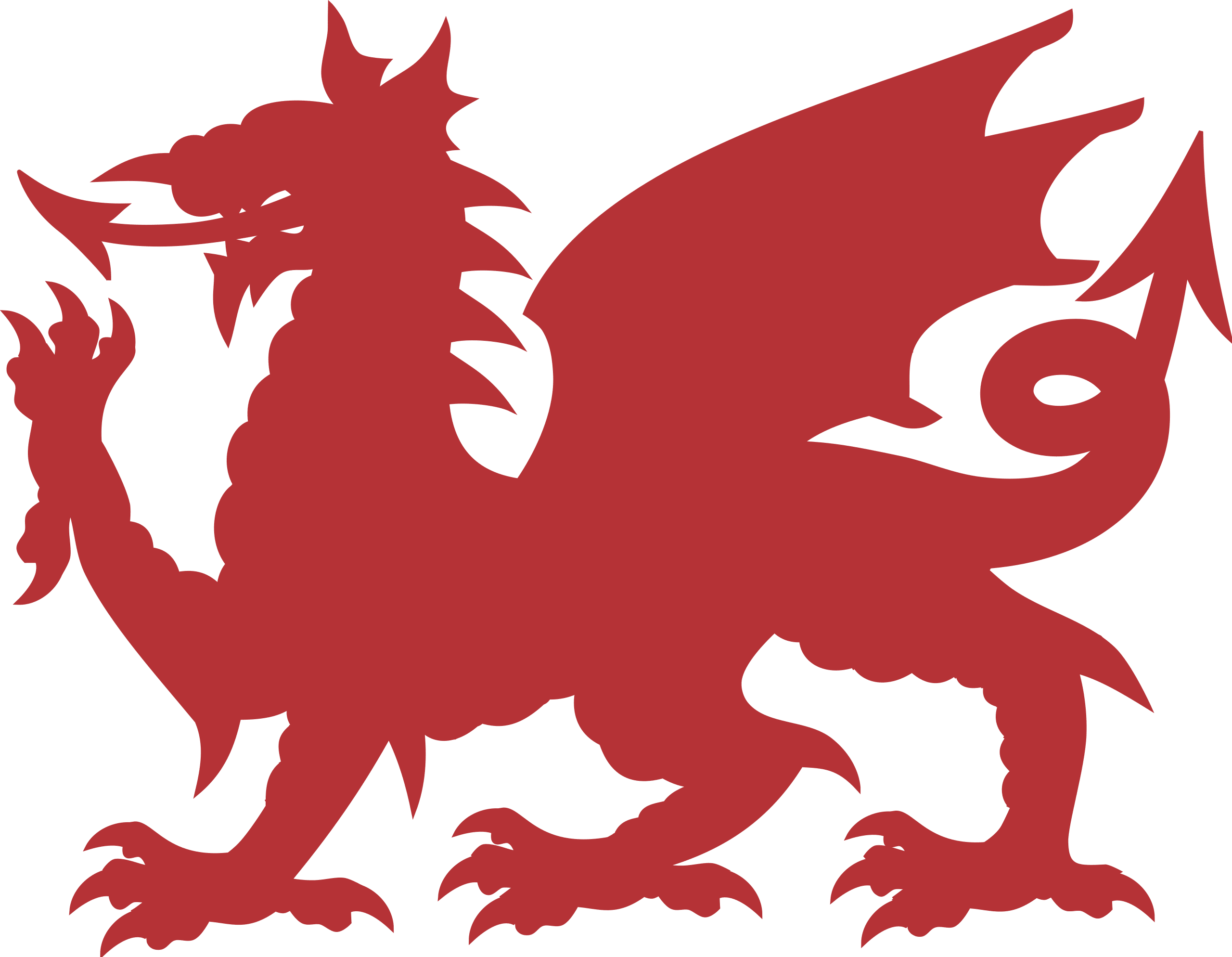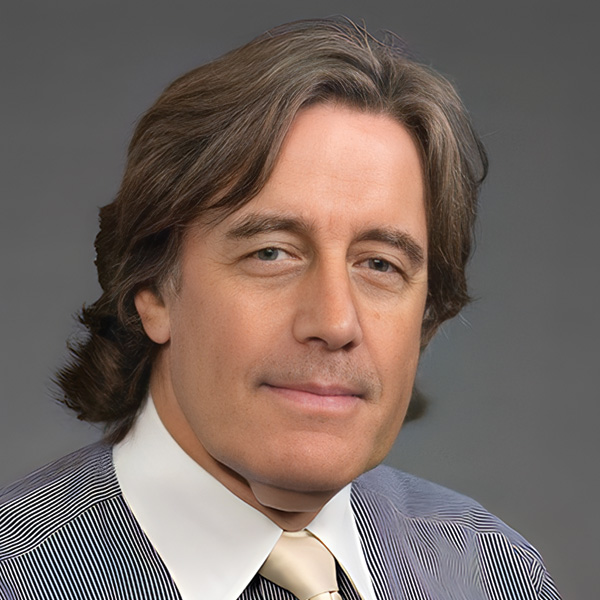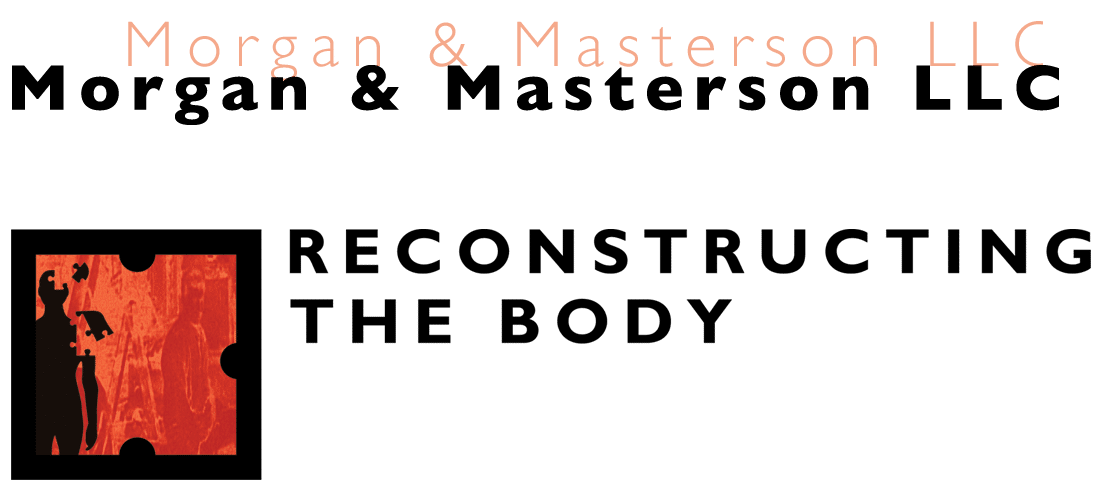Morgan & Masterson Consulting
Expert Witness, Product Liability and Patent Infringement
Expert Witness Testimony
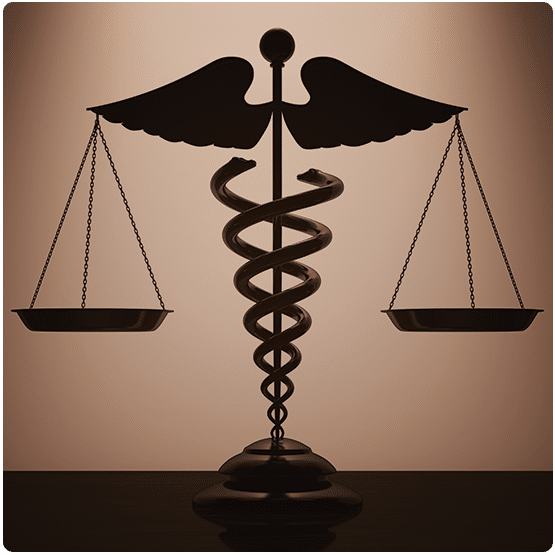
Product Liability
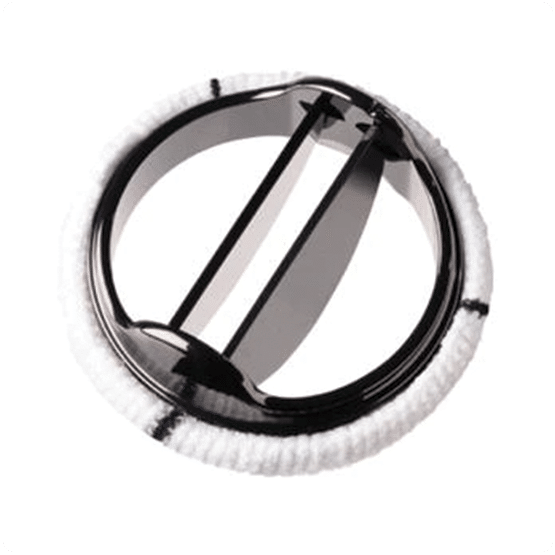
(a) The expert’s scientific, technical, or other specialized knowledge will help the trier of fact to understand the evidence or to determine a fact in issue;
(b) The testimony is based on sufficient facts or data;
(c) The testimony is the product of reliable principles and methods; and
(d) The expert has reliably applied the principles and methods to the facts of the case.
Either side may lodge an objection to a witness on the basis of these rules; although I have been frequently challenged in this way, they have never been successful.
During ‘discovery’ an expert will usually be deposed, that is, be exposed to an interrogation, under oath, by opposing counsel in order to get a clearer idea of your views. These are often very aggressive sessions, where the actual purpose is not to hear your views but to pressure you into making mistakes, being inconsistent and giving them some sound-bite to use at trial. Depositions are often more stressful than court appearances, but, in my experience, cases are usually settled after most depositions have been concluded, so a trial is unnecessary. In the USA, most trials, at the request of plaintiffs, are heard in front of a jury; they give an opinion and recommend the level of damages if the company is held liable, but expert witnesses get no feedback at all. Occasionally, especially in Federal Court, and in all cases where I have given testimony outside the USA, trials are in front of a judge without a jury. Here it is usual for the judge to provide a very detailed assessment, along with their verdict. I provide here such an assessment of a heart valve class action case in Toronto, Canada, in 2012 (Andersen v. St. Jude Medical, Inc., 2012 ONSC 3660, file 00-CV-195906CV, Toronto, 26 June 2012). My evidence was given over two full days; the extent of the detailed scientific and clinical interrogation can be seen from the Judge’s opinions and commentary.
Patent Infringement
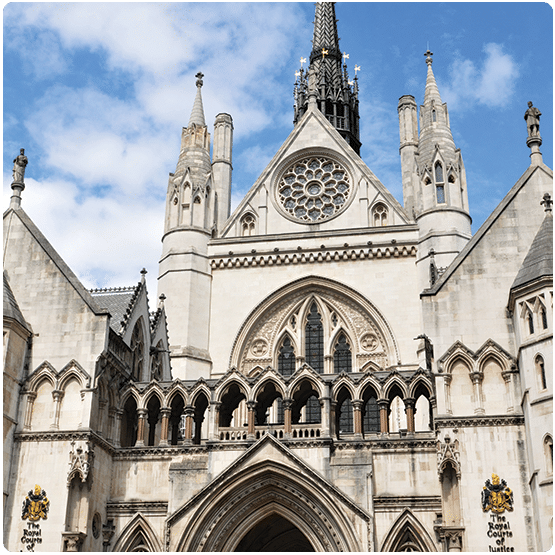
Some aspects of patent litigation are similar to those of product liability, but there are many differences. I have given evidence in patent cases in several parts of the world but have appeared in court only in the UK. Since these are often of high profile, with very much at stake, the cases are usually held in London, within the Royal Courts of Justice system. To walk through the entrance and corridors of the majestic High Court gives a different sense of importance than entering a normal provincial or state courthouse in either the UK or the USA.
In principle, all patent cases are similar. Company A owns a patent and manufactures / sells products that are covered by the patent, while company B manufactures / sells products that appear to be very similar; Company A sues company B for patent infringement and company B countersues company A claiming that the patent is invalid. The court (usually a single judge) has, first to consider who is the notional addressee of the patent, i.e., ‘who is the person skilled in the art’. The court then considers the ‘Common General Knowledge’ in order to identify the precise areas of disagreement, and as a final preamble, the court will determine the legal basis of the patent construction. The court is ‘assisted’ (or more often confused) in these deliberations by the evidence of expert witnesses representing both sides. For the critical judgements, infringement is usually considered first, in which situations the precise meaning of words, often simple commonly used words, is considered and placed in the context of what may be extraordinarily complex scientific issues. Validity has to be assessed in relation to the requirement that the invention must be ‘new’, must involve an ‘inventive step’ and must not be obvious. The latter point of non-obviousness often takes a large amount of time, usually being dependent on whether the patentee accidentally disclosed some of the detail in a minor conference abstract, or divulged critical parts in an unguarded moment at a party. The interrogation of an expert witness, by both counsel and the judge, over many hours can be very taxing. I attach the judgement of a case involving breast implants, held in London in 2000, in which both objective and subjective opinions were assessed by an immensely impressive judge. (McGhan Medical (UK) and Nagor Ltd / Biosil Ltd, UK, Royal Courts of Justice, London, Case CH 1999 1720, Feb 2001)
Morgan & Masterson Consulting
We offer global, high-level consulting for scientific and infrastructure aspects of cutting-edge medical technologies.
Our Expertise
Work with Us
We are commited to making a global impact and providing cost-effective solutions.
